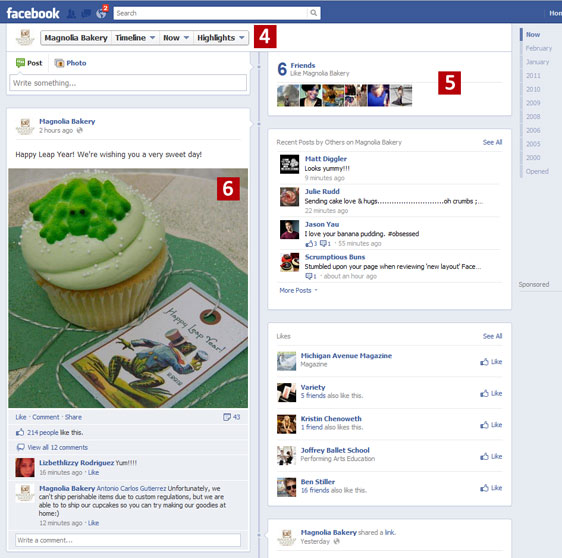Why Facebook Needs to Pay Attention to its Users!
Very shortly, Facebook will be celebrating its first year as a public company. Its IPO on May 18, 2012 was one of the most high profile in history and its spectacular take-off raised $16bn for the firm. However, as is often the case, it struggled to maintain this bright start. The following day, the stock began to slide below the offer price of $38 and continued its downward momentum reaching a low of about $18 by early September. It has since recovered some ground and posted strong first quarter results this year but many questions remain about its future prospects.

Much of the early excitement about Facebook centred on its phenomenal user base reputed to be over 1bn or one in every seven people on the planet. But questions very quickly were raised about its ability to ‘monetise’ this user base – essentially a value capture problem. Revenues at the time of the IPO were just under $4bn generating a solid net income of $666m or 18 per cent profit margins in 2011. Contrast this however with revenues of $108bn at Apple or $37bn at Google for the same period with profitability levels above 20 per cent and you get a sense of the challenges facing Facebook as it seeks to please its new master.
It has been quick to implement a variety of initiatives to capture more value. Advertising has always been its biggest source of income and this continues to be the mainstay of the business, accounting for over 80 per cent of revenues. Initially Facebook favoured display ads on the sidebar of the page but as more users access their pages via smartphones or tablets, side bar ads are ineffective so it has invested heavily and with success in mobile advertising. Its proportion of news feed ads and app install ads have increased significantly and now account for 30 per cent of ad revenues up from zero at the start of 2012. Other smaller revenue streams include Facebook gifts (revenues from gifts sent to friends on the Facebook platfrom) launched last year, Facebook games and Facebook commerce.
Ad effectiveness is central to its future. Its ability to mine user data improves its potential to target ads precisely. An innovation like Graph Search which was launched this year is designed to capture more detail on user behaviour to enable better ad targeting. For example, Facebook reported that ads on the Bud Light page (5.8m fans) reached 20 per cent of US households and increased sales by 3.3 per cent. Better targeted, more effective adverts will lead to higher ad prices boosting profitability. However, some analysts argue that the cost of Facebook advertising is already high when measured against comparable online media.
In the deluge of news and commentary about Facebook, it is important to remember that from a business point of view, it is an advertising vehicle, just like a newspaper or a radio station if you like. Without a quality, engaged audience, ad spend will go elsewhere. In this regard, the emerging reports that Facebook is losing users in developed markets like the US and the UK is worrying. Are we beginning to tire of the growing ad clutter on the platform or indeed of the platform itself as the proponents of ‘Boastbook’ would suggest. While Facebook works hard to respond to the calls for increased value capture, it would do well not to ignore the value creation dimension that enabled it to become huge in the first place. Just look at what happened the newspapers!
Related Articles






 John Fahy
John Fahy